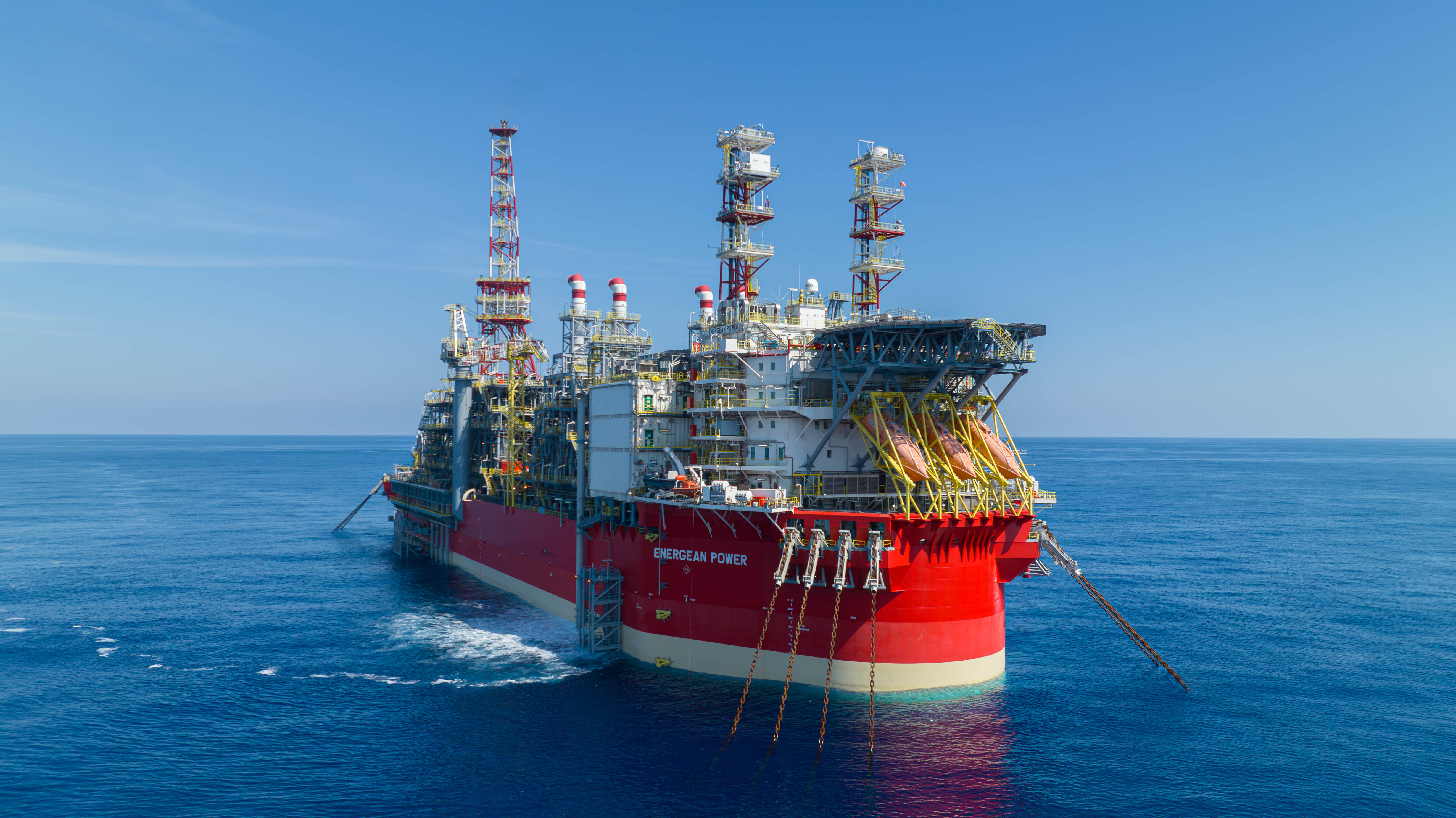Cyprus has been handed a fresh proposal for direct natural-gas supply from Israel, with Energean saying its new plan for a 200-kilometre pipeline is the fastest and most practical way for the island to start using gas.
The company’s chief executive, Mathios Rigas, told the Cyprus News Agency that the project can be completed within 12 months once permits are issued.
He said the plan is based on existing production in Israel and proven infrastructure already in use. Energean produces gas from the Karish and Karish North fields, which cover about half of Israel’s demand. Output is expected to increase from 2027 when the Katlan field comes online. According to Rigas, this gives Cyprus access to a stable supply from a nearby source.
The project is fully private, with an estimated cost of 350 to 400 million US dollars. Energean and Cyfield have carried out economic studies which, he said, show that the pipeline is viable and can offer competitive prices to Cypriot consumers. The Cypriot state would not pay for construction.
Rigas said the project depends on a political decision to open the natural-gas market. Previous Energean proposals did not progress because Cyprus declared the gas market “emerging” at the time, protecting the state monopoly. He noted that Energean was then in the early stages of expanding its operations after acquiring Israeli assets in 2017 and entering the London Stock Exchange in 2018.
The company brought Karish into production in October 2022, drilling ten wells and laying a pipeline linking the field to the Energean Power FPSO. Rigas said this technical experience shows the company can deliver a similar project for Cyprus. He argued that the Israel-Cyprus pipeline remains the option with the quickest impact on the island’s efforts to adopt natural gas.
Energean says the pricing model used in Israel shows how costs can remain stable. During the surge in global energy prices after Russia’s invasion of Ukraine, European gas prices jumped sharply. In contrast, Energean’s customers in Israel continued paying around 12 to 13 euros per megawatt hour. Prices for Cyprus have not yet been set and will depend on final project costs and technical choices.
The company says natural gas could reduce Cyprus’ electricity prices by replacing oil, which is currently used for power generation, and cut carbon emissions at the same time.
Rigas said the pipeline also carries geopolitical weight. A direct link to Israel would strengthen Cyprus’ energy security and add competition to the gas market. He said it would also support cleaner electricity production and help Cyprus align with EU decarbonisation goals. He added that the pipeline could assist in creating new energy routes in the Eastern Mediterranean with future two-way flows.
He also pointed to Energean’s cooperation with ExxonMobil in the Ionian Sea. ExxonMobil holds 60 per cent of the licence and will fund an 80-million-dollar exploration well, while Energean remains operator during the exploration phase. If a discovery is made, ExxonMobil would take over as operator for development.
Rigas said ExxonMobil’s presence in both Greece and the Cypriot exclusive economic zone reinforces regional cooperation between Cyprus, Greece, Israel and the United States. He argued that developing local gas resources could support economic growth, create jobs, strengthen energy independence and boost regional stability.
He concluded that the discovery and development of domestic fields, combined with reliable infrastructure connecting regional markets, is essential if the Eastern Mediterranean is to move towards future exports to Europe.






Click here to change your cookie preferences